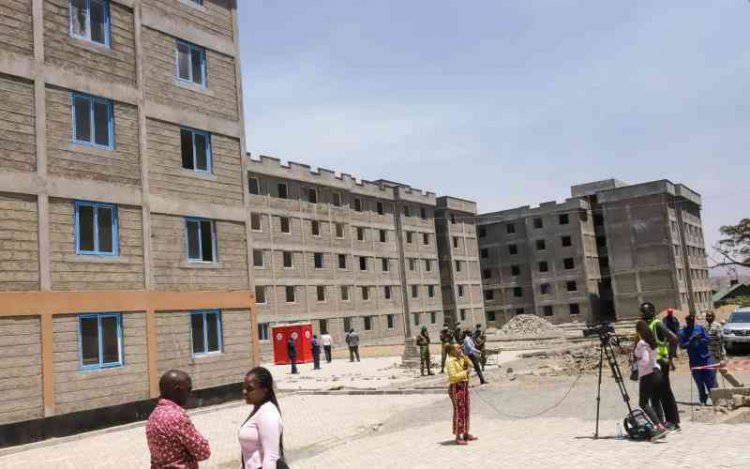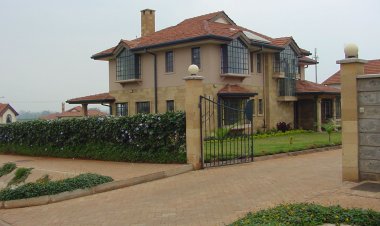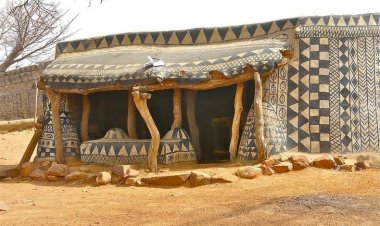Affordable Housing Fund: Another Pipe Dream?
Is the affordability of the housing project nothing but an illusion?

There is a wise saying that goes; If you can control information, you can control people. It would then be safe for me to say that our President, William Ruto, learned and mastered this. The current paradox that Kenyans are facing with the Affordable Housing Fund Scheme is thanks to this. Information on the Kenya Kwanza manifesto was packaged in such an enticing manner that any consumer would anticipate a land of milk and honey.
To begin with, the information shared in the manifesto draft was very shallow yet appealing. The manifesto cited that, "Over the years, various administrative solutions have been suggested to address certain issues related to land use. These solutions include putting limits on dividing or breaking up large pieces of land, setting maximum limits on how much land a person or entity can own, and imposing taxes on land that is not being actively used or developed."
What was not cited is the coalition’s plan to make taxation mandatory for all Kenyans and not just landowners. There was nowhere in the document that said that the citizens would have to be taxed to build the houses. What was said is that affordable long-term housing finance schemes, including the National Housing Fund and cooperative social housing schemes, would finance the project. It is sad to see that the same corporation, i.e., the National Housing Corporation, is in charge of demolishing the houses of the helpless just to build government houses that are neither cheap nor free. Demolishing people’s houses, destroying their property, and then building empty, payable houses for them—how ironic!
It is also ironic to say that contributing to the housing scheme through the project does not guarantee one owning a house. In that case, who is the house that one contributes to supposed to benefit? It is also very ironic to call Ksh 4,000 affordable for a person who lives in the slums. Houses in the slums range from Ksh 1000 to Ksh 25,000, yet some people still strain to pay the rent. So how is Ksh 4000 affordable for such a person?
In conclusion, I would say that affordable housing is a money-making scheme for a few people. A scheme whose information is well-packaged to lure people into a pit of homelessness, poverty, and setbacks. Fueled by propaganda and sycophancy, and not in the least, taking into consideration the welfare of the local mwananchi. The affordability of the housing project is nothing but an illusion.
This is an opinion piece by Winnie Maina.
If you have a real estate press release or any other information that you would like featured on the African Real Estate Blog Post do reach out to us via email at [email protected]

 winniemaina
winniemaina 































